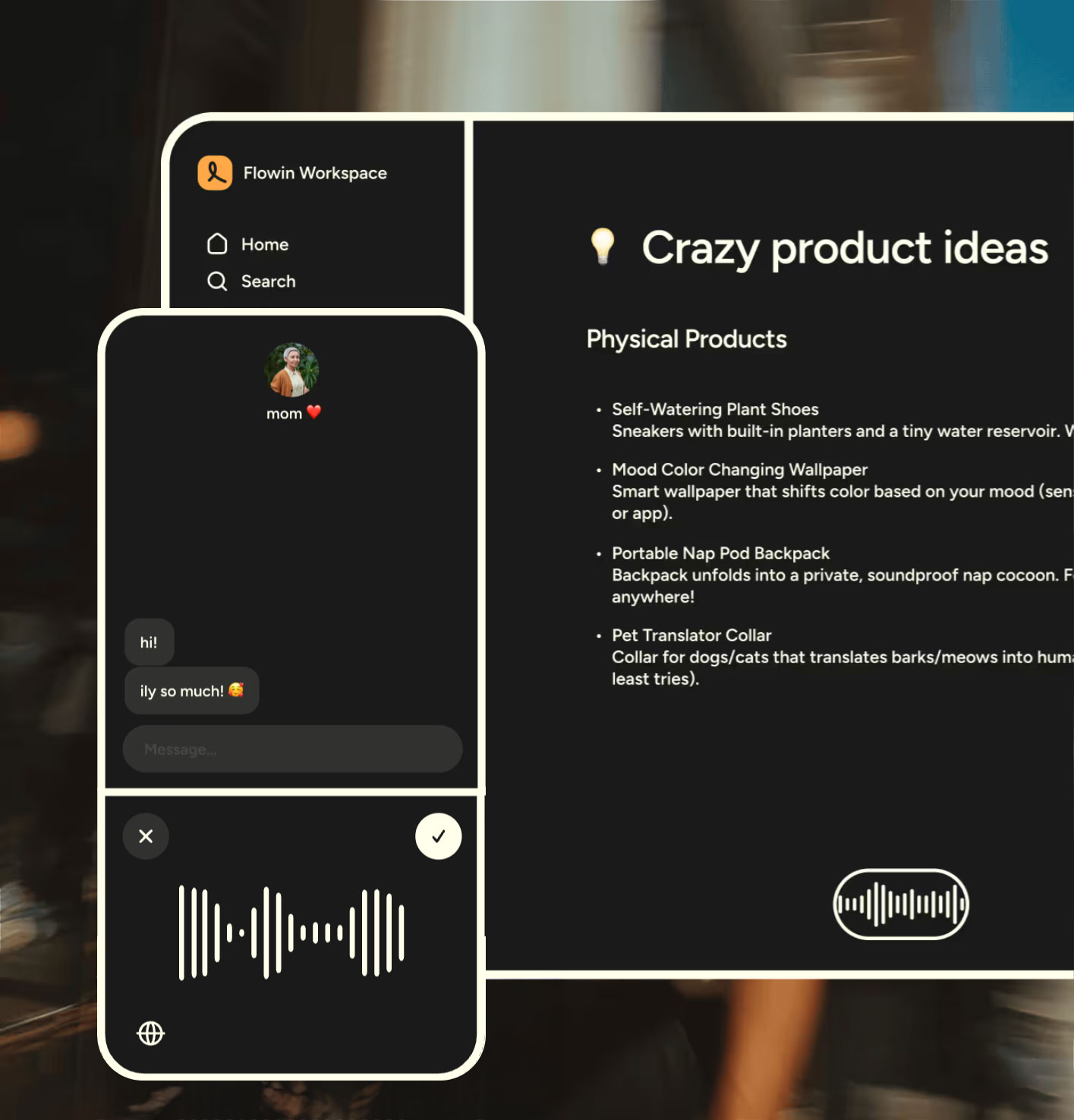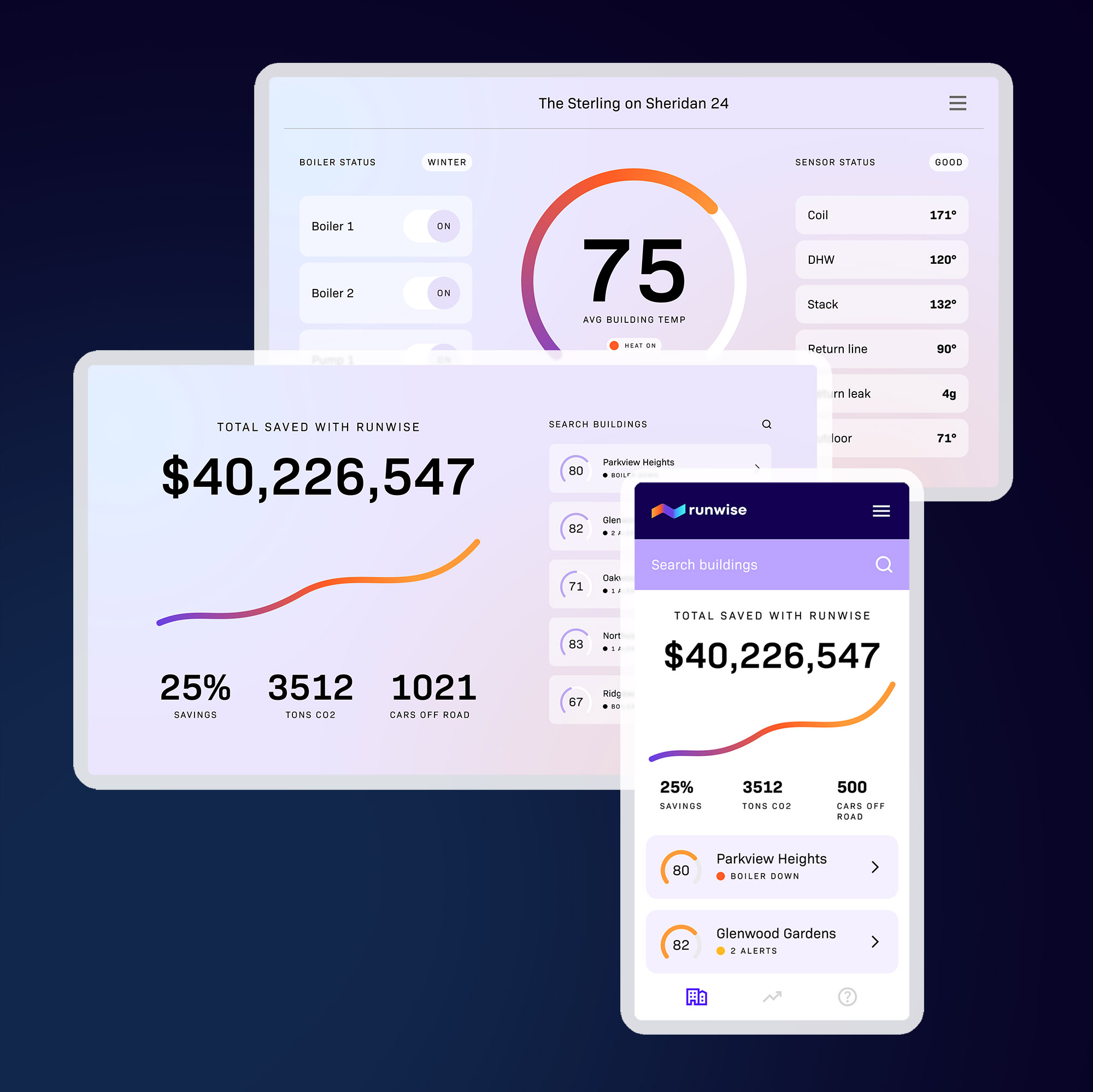The battle for AI talent continues to heat up: Top AI/ML scientists and researchers—especially those developing foundational models—are now commanding staggering compensation packages that far exceed those of traditional technical roles like software engineers. Some of these experts are seeing premiums of up to $1 million for their sought-after skills.
Armed with insights from industry-leading recruiters like Harrison Clarke and Riviera Partners, we’re going to explore the intense competition for AI tech talent as next-gen startups one-up each other to win over top tech talent. The race for innovation has turned into a high-stakes contest that is reshaping AI compensation—and upending traditional assumptions about careers in tech, where engineers were once seen as the highest earners. Now, AI expertise is the golden ticket.
Incredible Equity: Standard Packages for AI/ML Talent
The rapid market shift is nothing short of astonishing, and AI scientists are at the forefront, reaping incredible rewards. Their compensation packages now rival those traditionally reserved for VP-level roles, even for individual contributor (IC) positions. Here’s a sample of some recent equity offers extended to the top 1% of AI/ML engineers and researchers at late-stage tech companies:

These numbers, shared by Harrison Clarke, reflect the growing recognition of the vital role AI researchers play in driving innovation. Pre-2021, these kinds of offers were unheard of; today, they are becoming the norm. As Firas Sozan, CEO of Harrison Clarke, explained, “Applied Research Scientists in particular are in high demand. Not only are startups and big tech competing for talent, but increasingly, incubation labs and venture capital firms. These firms are actively seeking research scientists as potential future founders.”
Cash Compensation: The New Reality
While equity plays a massive role, cash compensation is following a similar upward trend. For IC roles, total cash (base + bonus) now ranges from $265,000 to $350,000, with base salaries alone starting at $250,000 in startups. Historically, anything above $300,000 was considered an anomaly, but today it’s becoming commonplace in pre-IPO companies. For example, the median base salary for technical staff at top AI startups is currently $310,000 according to H1B Salary Database.
The Opportunity Cost: High Stakes for Startups
Deep-pocketed tech giants like Amazon, Google, Meta, and Microsoft can afford to pay up for world-class talent; they are playing the long game. But for startups, paying a premium presents a significant opportunity cost. Balancing competitive hiring strategies with limited resources can result in forfeiting great talent. But saving money on salaries can be expensive; failure to make great hires can result in critical project delays, reputational risks, and prolonged hiring cycles.
Top Tech Talent Sends a Strong Market Signal
Experts like Riviera Partners’ Kyle Langworthy and Brian Bocchino argue that hiring exceptional AI researchers can serve as a magnet for future talent and send a strong signal to the market. Winning the best talent is often the difference between breakthrough innovation and being left behind.
How to Be Strategic in Recruiting AI Talent
Precision in AI Hiring
As the race for AI talent intensifies, not every startup is equally impacted. While AI compensation trends are essential to understand, hiring strategies need to be closely aligned with a company’s specific goals and developmental stage. Tigran Sloyan, CEO of CodeSignal (backed by Menlo Ventures), underscores the importance of strategic precision in hiring AI talent. He advises:
“Companies should approach hiring for AI roles with strategic precision. Over the last few years, a new set of engineering jobs and skills has been created that requires a very unique skill set, and the exact skill set you need depends on what layer of the stack you operate in. The skill set you need if you are working on foundational models is very different compared to the skill set you need if you are working on the application layer.”
This means that, before making critical technical hires, companies must define the core competencies required for each position and ensure they align with broader organizational goals. According to CodeSignal’s “AI Benchmarking Report,” many startups don’t necessarily need to engage in the compensation arms race for AI talent. Instead, they can succeed with a well-rounded team of skilled engineers and data scientists who leverage AI co-pilots to improve outcomes, all while offering traditional compensation packages.
Understand the AI Premium
Why are companies willing to dish out extravagant packages? The ROI on this talent is virtually limitless. These experts can fine-tune models that generate millions in revenue, attract world-class teams, and lead their fields. Many AI researchers have invested years—often at the expense of potential earnings—in academia or research labs, honing skills in machine learning, computer vision, and genomics. They expect compensation that reflects their expertise and compensates for those “lost” years of income.
More than Money: What AI Researchers Want
In a highly competitive market, attracting top-tier AI talent isn’t just about money. Here are some of the key motivators beyond compensation that can win over purpose-driven researchers:
- Access to top-tier computational resources
- Ownership of the technical roadmap and decision-making authority
- A leadership role within the company
- Potential for significant financial upside at early-stage startups
- Access to high-quality, unique datasets
Tailor Your Talent Strategy
Not every startup needs to offer these massive packages. Before competing for top-tier AI talent, assess your actual needs. Consider whether your company needs specialized AI researchers or broader full-stack engineers. If compensation is a challenge, highlight other aspects of your startup, such as its mission, impact, or opportunities for growth.
As Tigran from CodeSignal points out, the skills required for AI-related roles vary significantly depending on the layer of the stack your company operates in. “Beyond simply listing desired skills,” he advises, “it involves specifying the level of expertise needed in key areas like model development or data science.” Not every company is racing to build the next foundational model, and many will find their needs met by a well-rounded team without paying top 1% premiums.
Alternatively, consider partnerships with academic institutions or research labs to access AI talent without direct hires. As the competition intensifies, aligning your hiring strategy with your company’s specific goals and development stage will be critical. Most startups aren’t trying to build the next large language model (LLM), so your compensation strategy should reflect that.
Jordan leads talent strategy at Menlo Ventures. He is responsible for building the firm’s network of next-generation entrepreneurs, executives, and locks arms with founders on their team-building journey. Jordan has spent the past 20 years coaching CEOs and founders on how to build world-class management teams and boards. Prior to…
With over a decade of executive placement experience, Kandace has been dubbed a “ninja of recruiting” by her peers. As Director of GTM Talent at Menlo, she spends her time cultivating relationships with top sales and marketing executives across Menlo’s focus areas, concentrating on SaaS, infrastructure, and cybersecurity. She also…







